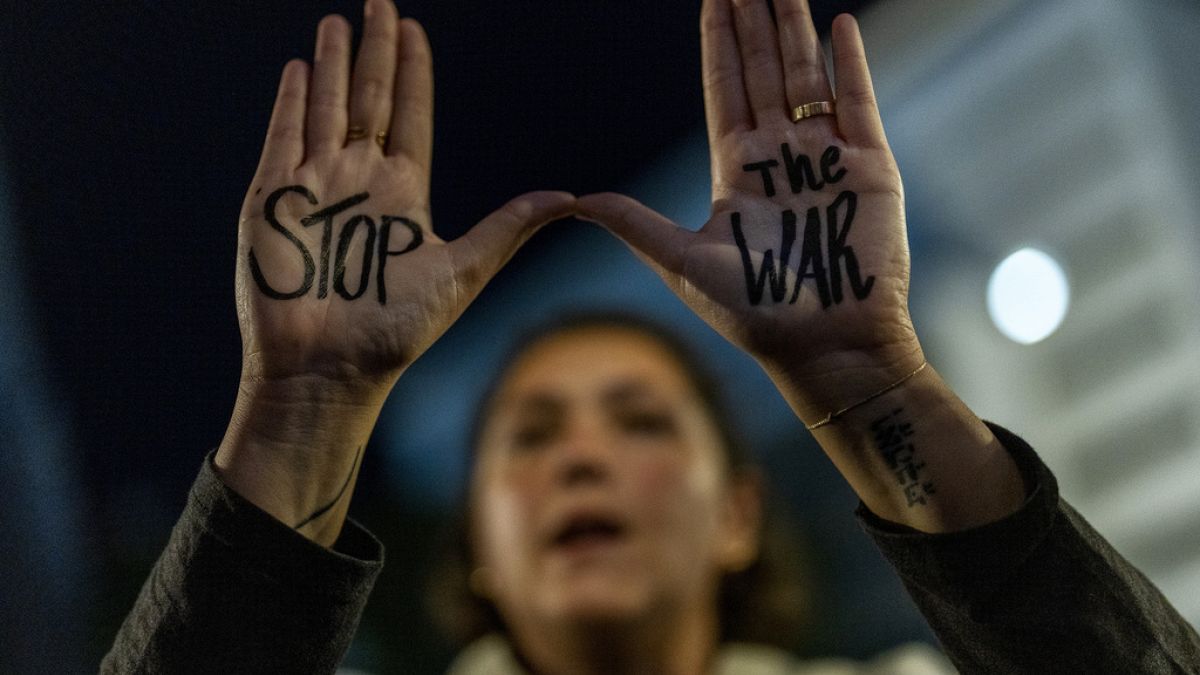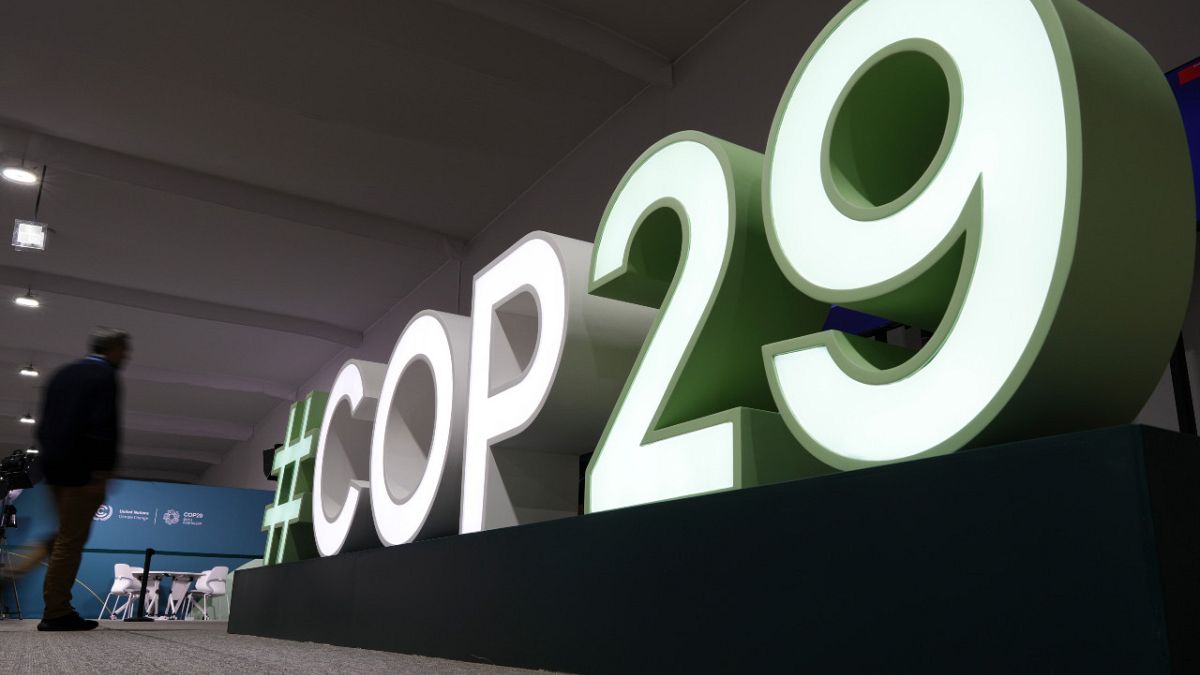Foreign Affairs Minister Winston Peters has condemned countries’ “abuse of the veto” at the United Nations General Assembly in New York.
He also used his speech to announce New Zealand would campaign for a seat on the UN Security Council for the 2039-2040 term.
Aotearoa was voted onto the Security Council in 2014 after a 10-year campaign, serving two years in 2015 and 2016.
In Friday’s speech, Peters spoke about New Zealand’s history with the UN, concerns about “abuse of the veto”, Russia’s war on Ukraine and the conflict in Gaza.
He began by reflecting on the creation of the UN Charter in San Francisco after World War II, saying New Zealand’s concerns about the veto could be traced that far back.
“Forged in the immediate aftermath of that war, then-New Zealand prime minister Peter Fraser held ‘the greatest hopes’ for the Charter’s success, which he believed would be predicated on the ‘sincerity and moral determination’ of its members,” Peters said.
“But the beginning is a delicate time, and Fraser was also a realist. He understood the Charter was imperfect. From the earliest debates in San Francisco, New Zealand fought against the veto rights bestowed upon the Great Powers.”
Peters said the spirit that created the United National Charter was now “sagging under the weight of its own potted history”.
“Power waxes and wanes so yesterday’s ‘Great Powers’, today’s permanent members of the Security Council, are challenged by periods of competition or worse, abuse of the veto.
“This has serious implications for all states and the conduct of our foreign affairs. While some permanent members exercise restraint in their use of the veto, others consistently and frequently abuse this power.”
He said Russia had acted “in utter contempt” of the charter when it invaded Ukraine and then vetoed a draft Security Council resolution condemning its actions and calling for it to withdraw its forces.
“Not only does Russia lack the sincerity and moral determination required to make the United Nations work, but its delinquency should be a clarion call for long overdue Security Council reform.”
Peters told the UN General Assembly the world’s collective institutions needed to evolve and this meant veto reform for the UN Security Council.
“The world is facing a myriad of regional and global crises. We see multiple, intersecting, and mutually reinforcing crises of conflict, climate change, and increasingly, a crisis of trust in our institutions. So the challenges we face in the General Assembly are stark, the worst in several generations.
“They also reinforce the truism that the global geostrategic and security challenges faced in one era do not remain static. The world has changed, and so must we.
“The need to adapt to changing historical contexts is also incumbent on the United Nations and its organisations. The rise of mini-lateral agreements is one sign of countries increasingly working together outside of the United Nations. Another is the sclerosis around necessary veto reform.”
On the conflict in Gaza, Peters asked where the “sincerity and moral determination” of today’s leaders was at the “vortex of this unacceptable violence”.
“This misery was caused by both Hamas’ monstrous terrorist attacks last year and the now overwhelming nature of Israel’s response.
“We are most concerned about the generational consequences of this level of suffering and violence, with no end in sight and which sees us on the precipice of an even wider conflict.”
The wording in this segment of the speech reflects a shift in the New Zealand government’s language about the conflict, with Peters saying it had gone on for far too long earlier this month.
He told the General Assembly New Zealand had sacrificed many of its young men to wars in faraway lands and never wanted to experience the catastrophe of another world war.
“There must never be another San Francisco conference picking up the pieces after another descent into global annihilation and human suffering. So we must do more. Demand more. And deliver more.
“We must reject and resist those who seek to conquer and control. We must always seek the path of peace because the lasting victories of humanity are those of peace, not war.”
By Anneke Smith of rnz.co.nz












